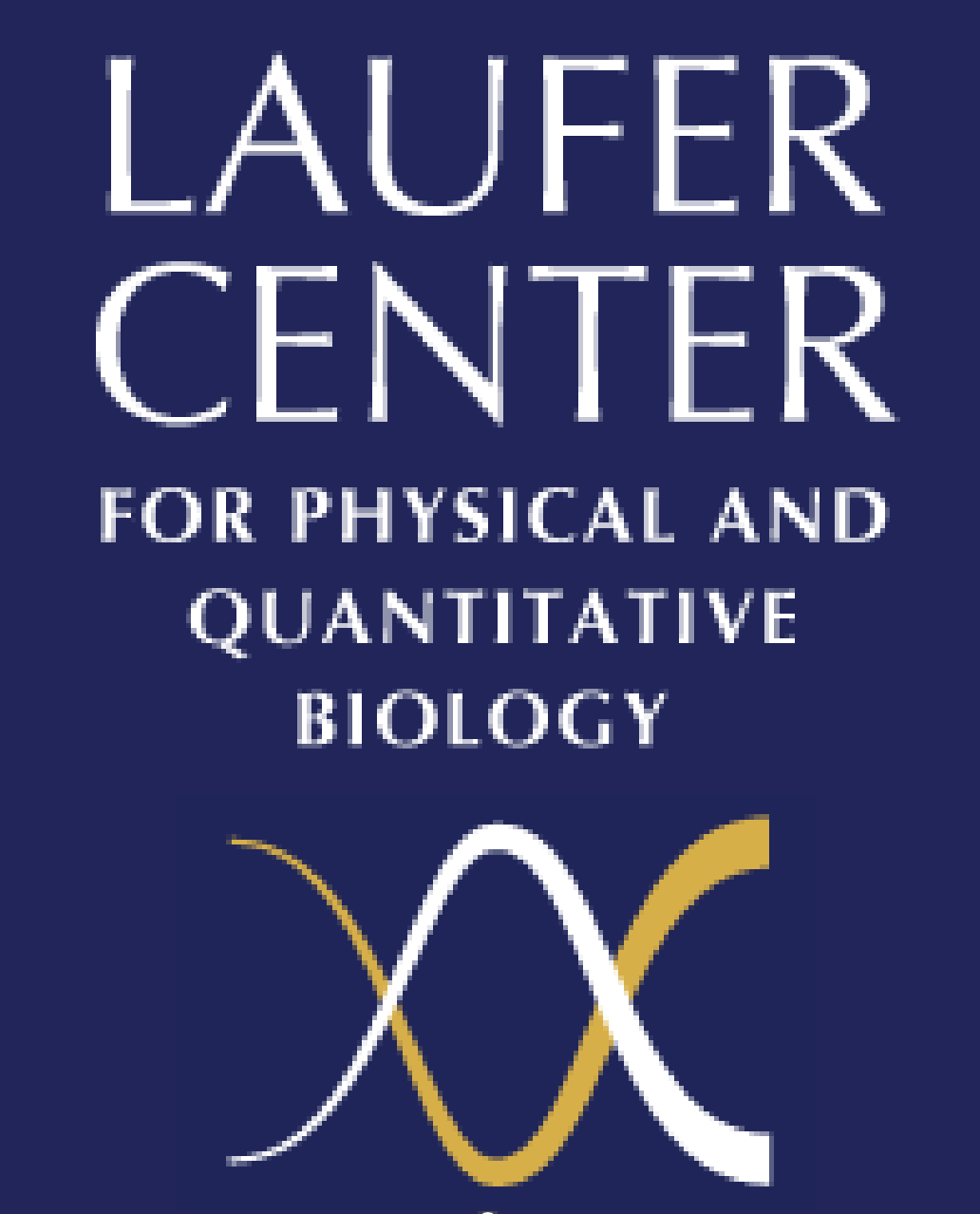Events Calendar
Jaydeep Bardhan
Department of Electrical & Computer Engineering
Northeastern University
Can a simple empirical model for biomolecular electrostatics really teach us about numerical methods for partial-differential equations?
Our work on boundary-integral equations (BIEs) has led us to conclude that the answer is a resounding "Yes!" The simple model in question is the Generalized Born (GB) treatment of the electrostatic interactions between a molecule's charge distribution and the surrounding aqueous solution. We have shown that the main physical insight underlying GB (the Coulomb-field approximation) can be understood as a rigorous operator approximation for a BIE formulation of the mixed-dielectric Poisson equation. This interpretation provides the foundation for our development of fast GB-like models with favorable mathematical and computational properties. For instance, BIBEE (boundary-integral based electrostatic estimation) approximations can be at least ten times faster than full numerical simulation; they can provide upper and lower bounds to the exact PDE results; and they exactly preserve the system's eigenfunctions for separable geometries. BIBEE's mathematical generality offers other important advantages, such as allowing (1) fast and rigorous approximations of more realistic PDE models and (2) software implementations that build on existing scalable algorithmic primitives such as fast multipole methods (FMM) or wavelets (e.g., MADNESS). Finally, current work focuses on the exciting possibility of translating GB and BIBEE to problems such as Stokes flow, to inverse problems in biomedical applications, and to the development of novel preconditioners.
Laufer Center/Applied Math Seminar


